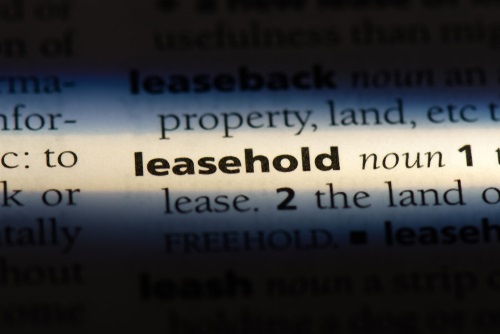Property law reform bringing new lease extension rights for millions of leaseholders is in sight
The government is to reform ancient leasehold laws in a bid to introduce a fairer system of home ownership in England and Wales.
Legislation is planned which will allow both flat and house leaseholders to extend their lease to a new standard of 990 years with zero ground rent paid to the freeholder.
These changes, if made into law, will potentially save leaseholders thousands of pounds and provide long term reassurance about the security of their property investment.
Why does the system need reforming?
Not only do leaseholders often face high and rising ground rents, potentially making it harder for them to sell or re-mortgage their home, but enfranchising or extending the lease on a house or flat can be complicated, slow and expensive.
What will these reforms do?
The proposed changes should make it easier and cheaper to extend a lease.
Ground rents for future new build homes will be abolished and leases will be offered on a 990-year basis. This means leaseholders will no longer have to extend them to protect the value of their investment.
In addition, the proposals will also:
- Introduce a cap on the ground rent payable when a leaseholder becomes the freeholder;
- Abolish costs such as the 'marriage value' - a fee based on the property's increased value once a lease has been extended;
- Establish a new, standardised measure for calculating the cost of a lease extension or freehold purchase;
- Introduce an online calculator so leaseholders can easily work out how much it will cost to extend their lease or buy their freehold;
- Extend to retirement properties the right to extend the lease to 990 years with zero ground rent.
Looking ahead
Whilst the proposals are good news for many leaseholders, those who have forked out in the past for unjust or exorbitant fees with little or no notice may be feeling somewhat cheated.
There are now calls for these leaseholders to be compensated.
In addition, leaseholders currently part way through the process of extending a lease - particularly those with 82-years plus left on the lease - may want to pause the process to wait for better and less expensive terms to come in under the proposed legislation.
The reforms also include looking at moving towards what's known as a commonhold system, widely used in other countries.
What is commonhold?
Commonhold is an alternative to the long leasehold system and allows individuals to own the freehold of flats, houses and non-residential units, without a time limit on ownership, and manage the common parts of the building together.
The first step will be to set up a 'Commonhold Council', made up of leasehold groups, industry and members of government, to pave the way for this new system.
Get in touch
For more information about leasehold issues, please email Wards Solicitors' property disputes specialist, Richard Darbinian at Richard.Darbinian@Wards.uk.com Richard can also be contacted on 0117 929 2811.


